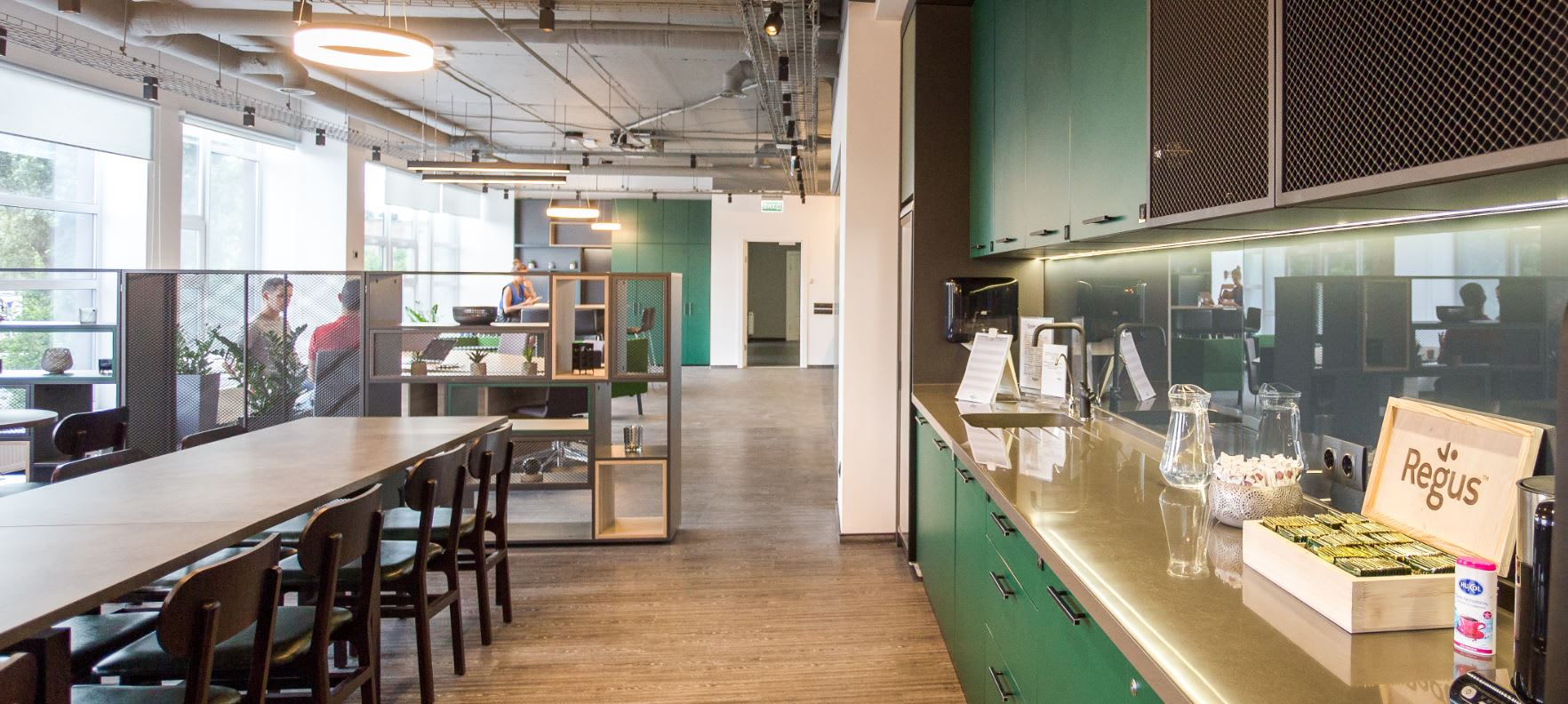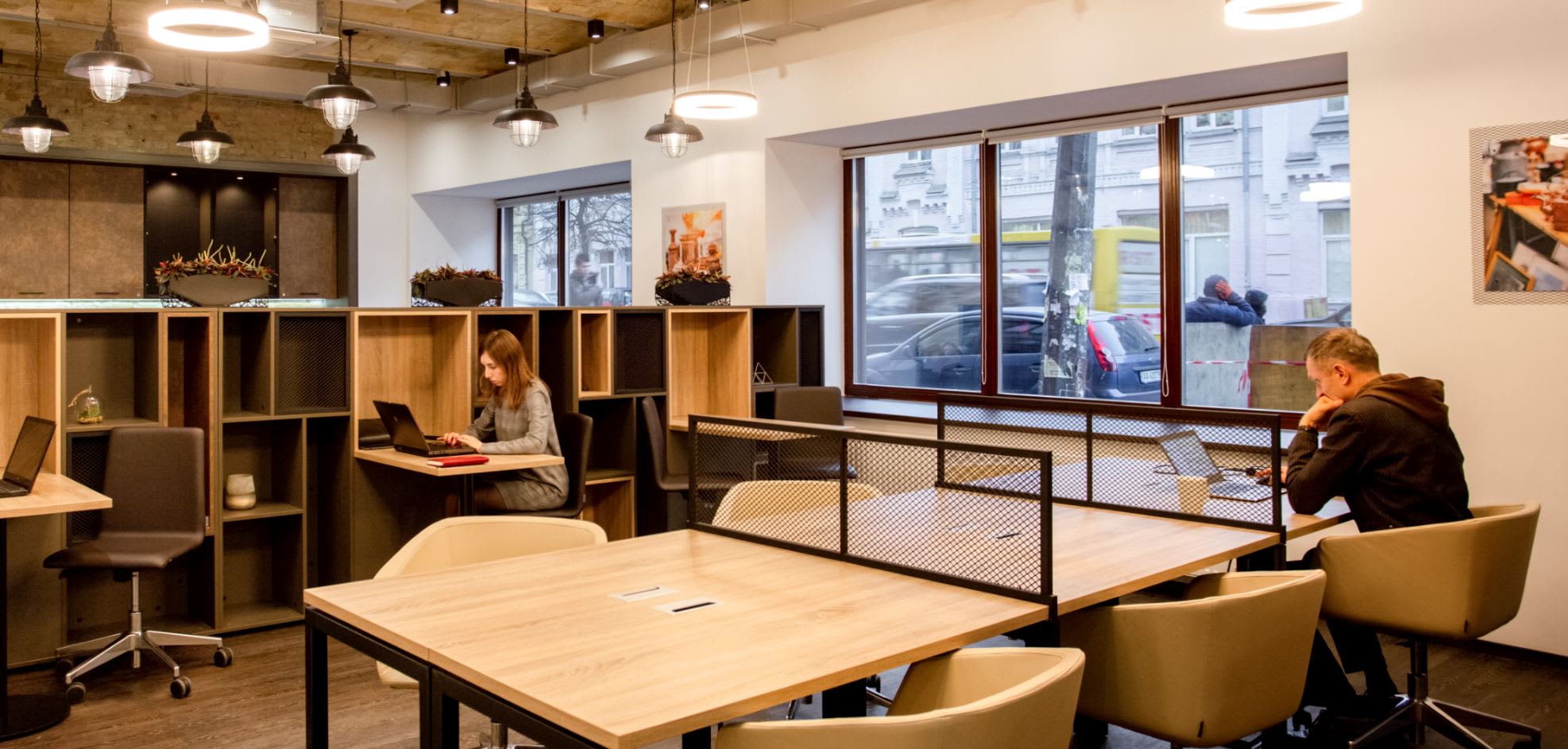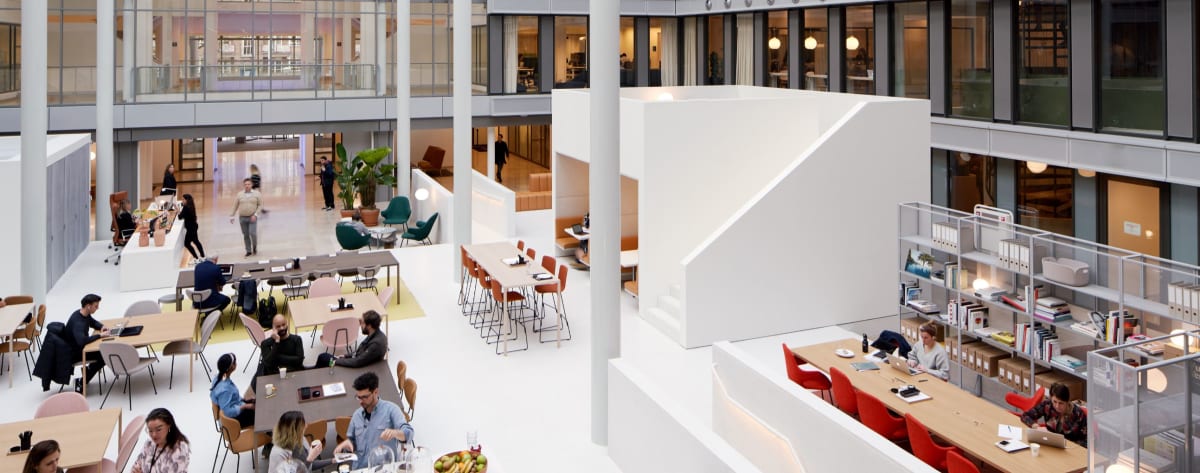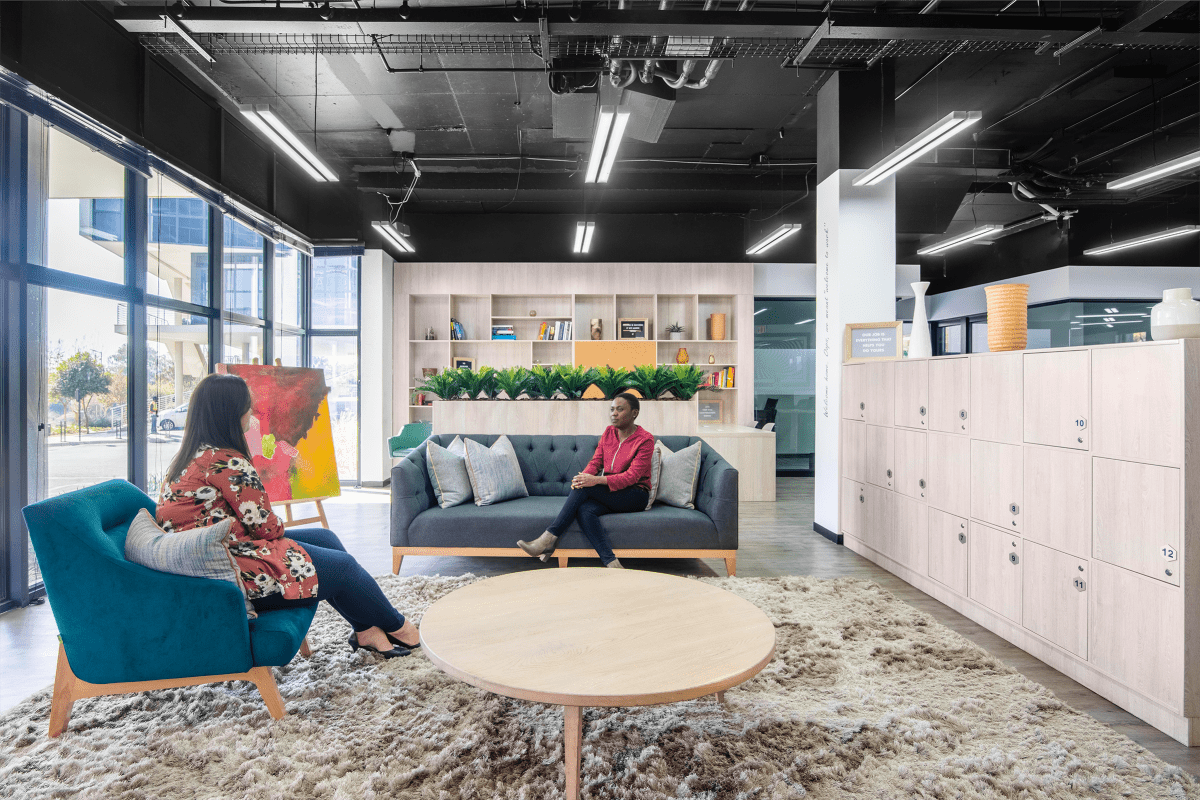Ahead of world's largest real estate event, IWG’s Sebastian Koziara describes why flexspace is a recession-proof property investment
In June, MIPIM 2020 – the world’s premier real-estate event – will take place in Cannes, France, welcoming influential players from the international property industry.
As the leading global flexible workspace-provider, International Workplace Group (IWG) will be there to spread the word about the opportunities for investing in this rapidly growing sector of real estate.
Sebastian Koziara, Network Development Director in Eastern Europe for IWG, will be in attendance. “MIPIM is a great opportunity to meet potential investors, partners and companies and take them through the ways flexspace can add value to their portfolio.”
It’s also an exciting time to enter a fast-evolving market, whose growth is now being driven by large corporations shifting to a more flexible way of leasing office space. Currently, flexspace accounts for around 1% of global corporate property portfolios but real estate services firm Jones Lang LaSalle (JLL) estimates this will leap up to 30% by 2030.
In terms of the Eastern European market, Koziara says Poland and the Ukraine are key. This is due in part to the comparative size of their economies, the number of major cities and population sizes. Still, the region’s smaller nations – such as the Baltics (Lithuania, Latvia and Estonia), Slovakia and Georgia – are also experiencing a significant upward trend in demand for flexible workspace.

“In principle, Central Eastern Europe is part of the global trend,” says Koziara. “We have continual growth and demand, driven by both corporate and local clients, as well as small- and medium-sized companies and startups. One difference with this market is it’s not so far along in terms of the number of serviced office centres and competitors, compared the rest of Europe. But generally, the region’s corporate clients and the economies are moving in the same direction.”
As echoes of a global recession abound in the media, is there any sign of the sector’s slowing down in the region? “Growth is still very positive,” says Koziara. “In Warsaw and Kiev especially, there is a lot of construction going on, with many new projects both for conventional office space and flexible workspace.”
The vibrancy of the industry, even with the prospect of an economic downturn, is one of its most attractive features: the demand for flexspace during a downturn actually increases as, in the face of uncertainty, companies seek workspace solutions that let them upscale or downsize their office portfolio in line with their business outlook. Flex often proves to be a recession-proof investment for property developers and landlords.
Koziara says clients operating in Eastern Europe are firmly part of this trend. “What we’ve seen in our market is there are more and more large corporate clients looking for flexible solutions,” he says. “These clients may be preparing to adapt to the next economic cycle. When I talk to developers, all these companies confirm that when looking for a very large space, they’re all thinking that part of the space should be flexible. So there’s a demand for landlords to have certain parts of their building reserved for coworking for corporations.”

It all comes down to adaptability: “And it’s very clear that big clients are trying to mitigate the risk of the real-estate office market by having part of their portfolio that’s flexible, so they can easily grow or downsize in case of change in the market,” he adds.
From a landlord’s perspective, having a flexspace offering under the roof can supplement their current offering of traditional workspace – helping them retain clients for longer. “By having IWG or a flexible workspace provider in the building, landlords can offer more flexibility to clients,” says Koziara. “If existing corporate tenants grow out of their conventional office space, landlords are able to say: ‘We may not have space for you now, but we have Regus or Spaces who can offer you this kind of service.’ There’s a very clear synergy for all parties. And it increases the value of a landlord’s property.
"In the end, many tenants will consider leaving the building in need of more space. But if they can grow inside the building in a Regus office or a Spaces coworking, it makes it easier for them to stay.”
For property experts looking to delve into the flexspace market, Koziara says IWG’s stability and the size of its network – with more than 3,500 locations worldwide – sets it apart from competitors. “In Warsaw alone, for example, IWG already has 18 locations – none of our competitors can offer this kind of existing network covering many areas of the city,” he says. “Our global network is growing, the market is growing, so anybody who wants to understand how it works, they can meet me at MIPIM. It’s a very good time now to discuss this kind of offer.”
Interested in incorporating flexible workspace into your real estate portfolio? Set up a meeting with Sebastian by getting in touch via LinkedIn






